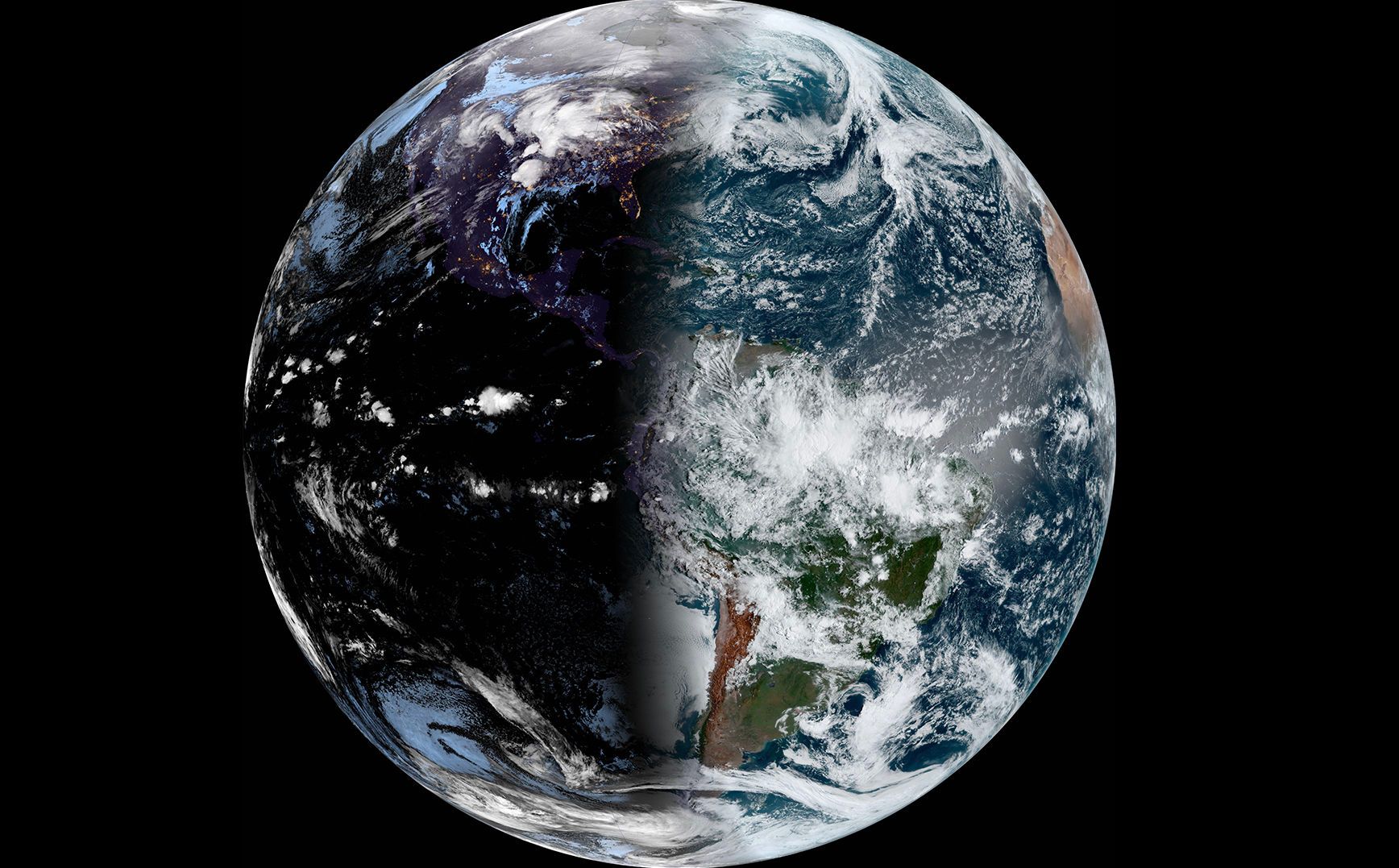Harmonisation of EU Space Policy

In the 2021–2027 budget perspective, the EU plans to launch a new space programme. It will consolidate several projects run currently in parallel that cover tasks related to the development of satellite navigation and Earth observation systems, as well as new security components. The programme’s axis will be the improvement and simplification of cooperation between the three entities. At the EU level, the managing authority will remain the European Commission while the proposed EU Agency for the Space Programme (currently the European GNSS Agency) would cover tasks related to navigation, market-oriented space technologies, and security accreditation. At the European level, the key technical and operational partner of the EU will be the ESA, an international organisation that participates in the implementation of many EU space projects. Although the new programme does not assume a significant qualitative change, it confirms the growing importance of space issues, which translate into the economy, environmental protection, quality of life for citizens, and security. Its budget will amount to €13–15 billion (compared to €11.1 billion in the previous budget). The growing importance of space in European states’ policies is also confirmed by the highest ESA budget so far—for 2020–2022, it will amount to €14.4 billion (besides Member States’ payments, about 20% of the budget is an EU contribution).
Common Projects
The biggest undertaking in the upcoming EU budgetary perspective will be the expansion of the Galileo global satellite navigation system, which is to provide European states with full independence in terms of products and services based on space data, such as navigation, synchronisation of financial transactions, and search-and-rescue operations. Currently, Galileo is operating on a limited scale, but its full launch is planned by the end of 2020. Although it is a fully civilian system, it will allow Europe to build a significant technological advantage by providing three times more accurate positioning than military systems—the American GPS and the Russian GLONASS.
An important element of the new programme will also remain Copernicus—an extensive satellite-based observation system (combined with terrestrial, air, and sea capabilities). It provides comprehensive information on the state of the natural environment, climate change, and emergencies around the world, and will be expanded to include other elements (e.g., improving border surveillance). Copernicus is composed of a constellation of European satellites, but the system also connect to other public and commercial satellites. To increase its independence, the EU plans to put another 20 satellites in orbit by 2030.
In the upcoming budget perspective, the Governmental Satellite Communication (GOVSATCOM) initiative, currently in the preparatory phase, will also be launched. It is designed to support the services of the Member States and EU agencies responsible for security issues (e.g., the European Defence Agency, the European Border and Coast Guard Agency, the European Maritime Safety Agency). The advantage of the system will be its reliability compared to commercial solutions, as well as lower cost and easier usage than military architecture. The space surveillance and tracking (SST) project will also be maintained; it is used to collect information on the position of space objects and the characteristics of the space environment (satellites, debris, weather). For the time being, the EU will allocate few resources to either system under development.
The Importance of Collaboration
Conducting coherent space policy at the EU and ESA level allows states to better develop their capabilities while increasing Europe’s independence from space technology leaders the United States, Russia, China, Japan, and India. Even the biggest players on the European market—the so-called European five (Germany, France, Italy, Spain and United Kingdom)—due to the financial and technical capabilities required, do not implement space programmes on their own. Collaboration is particularly important when running large projects. This is confirmed by the financial and technological difficulties in the UK building its own satellite navigation system because of the decision to withdraw from the Galileo project on leaving the EU.
The intensive development of the New Space industry (private sector) is an additional element of modern space exploration. The participation of enterprises (including small and medium-sized firms and startups) allows for significantly reduced costs while increasing the level of innovation and competitiveness of the solutions provided. To maintain Europe’s potential, the new EU space programme establishes support for this branch of the economy through access to risk finance and innovation partnerships, and to the InvestEU and Horizon Europe funds.
At the same time, the EU is discussing future international standards, such as a Code of Conduct for outer-space activities. The lack of significant progress in the global debate on this subject, however, results from the divergent positions of states regarding the scope and manner of regulating outer space activities (mainly its military use). Nevertheless, the largest space projects are implemented in cooperation with organisations outside Europe, including NASA (moon exploration) and Roscosmos (research expedition to Mars).
Conclusions
The growing dependence on technologies based on space data will make the coming years of great importance for the development of EU space potential. The new EU programme can support states in tackling the current pandemic crisis, for example, by monitoring the spread of infections through satellite communications technologies, as well as developing industry by creating startups and increasing business innovation. However, it is key to maintain a common stance of European states towards international competition. It will be very important to maintain communication channels (e.g., within ESA after Brexit), as well as to coordinate ESA and EU activities, including avoidance of overlapping competences with a new EU Agency for the Space Programme.
It also will be necessary to ensure independent European access to space, mainly in satellite launches with reusable rockets and ground infrastructure. Another element improving safe operation of the system will be alerts under the SST project (currently generated from the American system), in the development of which so far involved seven Member States: France, Germany, Italy, Spain, Poland, Portugal, and Romania.
For Poland, it is important to further increase the involvement of its research centres and enterprises in space programmes. Most of all, this means increased financial outlays for optional ESA projects (the low contribution for 2020–2022 overlaps with the end of the preferential period for Poland from 2020). The smart use of funds by Polish entities so far gives the opportunity for further development of the domestic sector, for example, increasing the potential of Polish enterprises, from creators of single technologies to suppliers of subsystems (according to estimates, these may implement contracts worth up to €102 million, which is double the Polish contribution to date). To continue the trend, however, the state sector’s interest in the use of space technologies should increase. For the development of the Polish potential, it also will be important to finalise the procedure for opening the first ESA incubator to support startup enterprises in space technologies (in Europe, 17 states have individual incubators or networks at the national or regional levels). It is also worth analysing the possibility of including Poland in the development of new areas (e.g., space security, the construction of next-generation satellites), as well as support for the development of applications and services for the flagship Copernicus and Galileo programmes.


